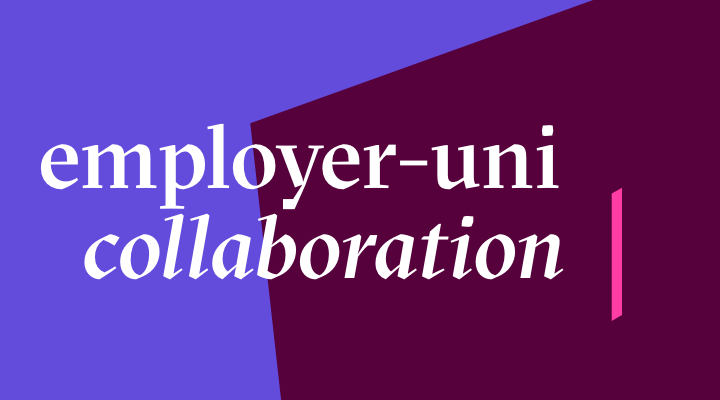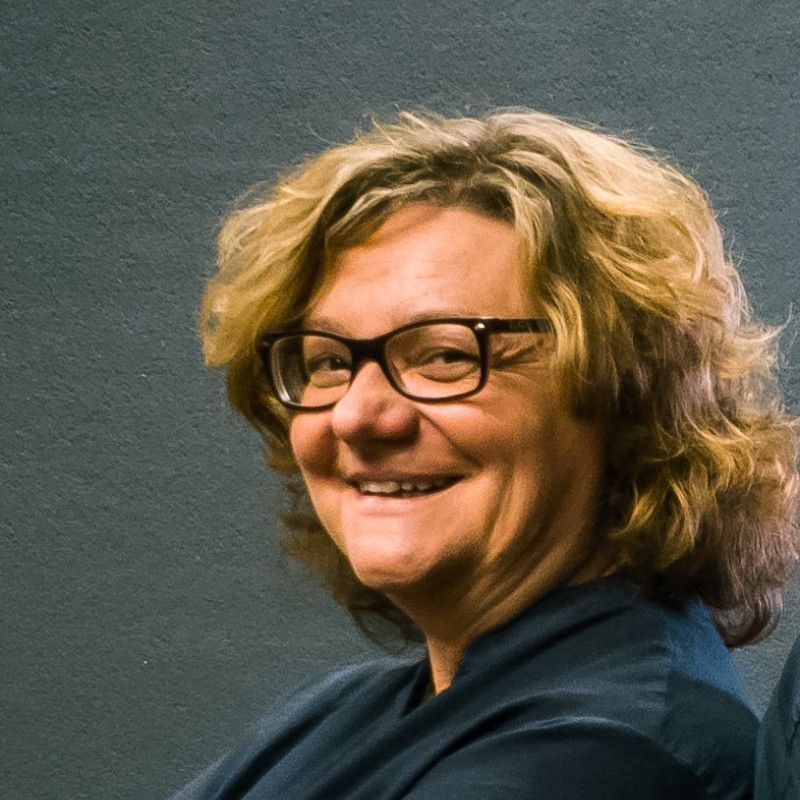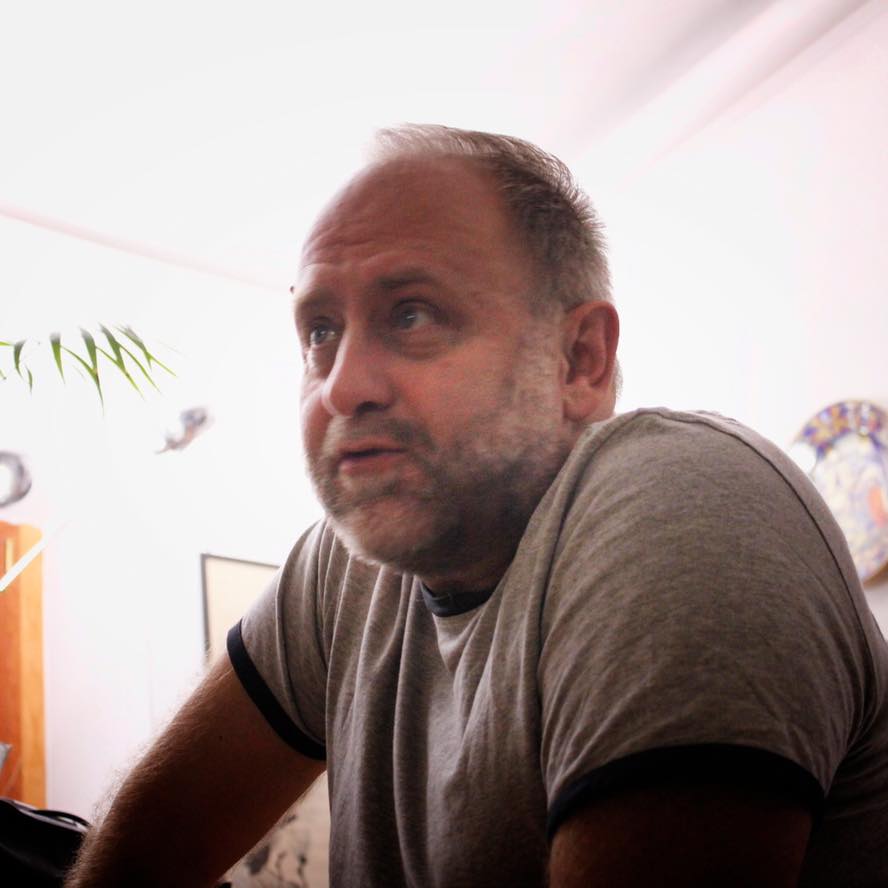
Collaborations Between Students and Employers
Collaborations Between Students and Employers https://theraise.eu/wp-content/uploads/2024/02/1_LGFDp150CMEfrdcacLZlHw.png 720 400 RAISE fosters startup growth and scale-up within and across Europe RAISE fosters startup growth and scale-up within and across Europe https://theraise.eu/wp-content/uploads/2024/02/1_LGFDp150CMEfrdcacLZlHw.pngIn a recent conversation buzzing with enthusiasm and innovative ideas, practical experiments took center stage in the realm of talent matching. Specifically, the discussion revolved around fostering collaborations between students and employers, aiming to blur the boundaries between academia and the professional sphere while tapping into the potential of remote work to forge meaningful connections.
Student-Employer Collaborations: The heart of the conversation pulsated with real-world applications as students delved into remote engagements with employers and entrepreneurs. The mission? To unearth the unique skills nestled within students and seamlessly align them with the demands of employers. Beyond merely offering work experience, this collaboration sought to unravel the efficacy of remote work in yielding tangible results.
Case Study: Among the anecdotes shared, one shone brightly—students actively collaborating with Sylvia, a dynamic entrepreneur, on remote projects. The results? Nothing short of impressive, with some students not only delivering stellar outcomes but also securing coveted positions within Sylvia’s enterprise post-graduation. This case study served as a beacon, illuminating the practical feasibility of remote collaboration between budding talents and forward-thinking employers.
Expanding Horizons: Buoyed by the success stories, the experiments expanded their wings, eager to embrace more entrepreneurs and organizations into the fold. The overarching goal? To underscore the symbiotic relationship between students and employers, with both parties reaping the fruits of collaboration. Enter the “contamination lab,” a term emblematic of the experimental nature of these collaborations and the vibrant mix of stakeholders involved.
Embracing Hybridity: Amidst the whirlwind of ideas, one notion stood out—the hybrid work model’s undeniable efficiency. Here, Sylvia championed a harmonious blend of remote and in-person collaboration, recognizing the time-saving prowess and eco-friendly allure of online work. The vision? To achieve a “gray” hybrid effect, seamlessly weaving together the strengths of both remote and in-person work for optimal productivity and innovation.
About the Speakers
Silvia Bernardini

Sylvia Bernardini is an Innovation Project Specialist known for her proficiency in developing complex projects across various domains. From associative initiatives to social and business projects, Sylvia collaborates within synergistic networks, emphasising shared values and meaningful productivity. With experience spanning metal mechanics, textiles, fashion, retail, food and beverage, and culture, she is motivated by the prospect of creating concrete and sustainable products and services.
Sylvia is dedicated to driving digital efficiency while always recognizing the importance of human guidance in technological processes. Whether influenced by her background in the metalworking industry or fueled by a genuine passion for science fiction, she approaches challenges with a perspective aimed at improvement and innovation. Sylvia’s distinctive trait is her ability to view things from different angles, seeking opportunities to enhance and share experiences with individuals eager to learn.
Massimiliano Ruzzedu

Massimiliano Ruzzeddu is a tenured researcher in sociology at the University Niccolò Cusano in Rome. His research interests cover a wide range, including social theory, epistemology, innovation studies, and globalization studies. His work delves into topics such as the use of Complexity Theories in sociological scholarship, cultural aspects of innovation, and changes in identity within the globalization process.
Some of his recent works include contributions to publications like “Women and Science: Models of Participation” in Advances in Gender and Cultural Research in Business and Economics (2019) and chapters like ‘The Complexity of Identity Building’ and ‘Hypothesis for a Sociology of Ignorance in the XXI century’ in Explaining Social Processes (2020). He has also explored the theme of ascribed identities in the global era with a complex approach in a publication titled “Ascribed Identities in the Global Era: A Complex Approach” in Contemporary Social Science (2021).
In addition to his research contributions, Massimiliano Ruzzeddu has been actively involved in teaching, conducting both academic and training-oriented courses for diverse audiences in terms of age and cultural backgrounds. He holds the position of co-editor in chief of the World Complexity Science Academy Journal and is a member of the managing board of both the World Complexity Science Academy (WCSA) and the Centre of European Research in Sustainable Innovation (CREIS).
Peter Oraya

Peter Oraya has extensive experience in Artificial Intelligence, Machine Learning, Storytelling, Big Data, Neural Networks, Blockchain, and Nanotechnology. As the Founder and CEO of Oxford Aptitude, he leads with a profound commitment to leveraging cutting-edge technologies to revolutionise various industries.
In the domain of AI and Machine Learning, Peter’s expertise extends to data-driven decision-making, where he favours the responsible and ethical use of technology.
An AI specialist, brought a wealth of knowledge to the discussion, particularly in the realm of artificial intelligence in education. With a focus on data-driven talent matching for personalised learning paths, Peter envisions the transformative role of AI. He highlights the importance of AI as a supportive tool rather than a replacement for traditional teaching methods. Peter delves into the potential of AI to guide students, encourage critical thinking, and revolutionise the education sector.
Photo via Medium
- Posted In:
- Startup News




